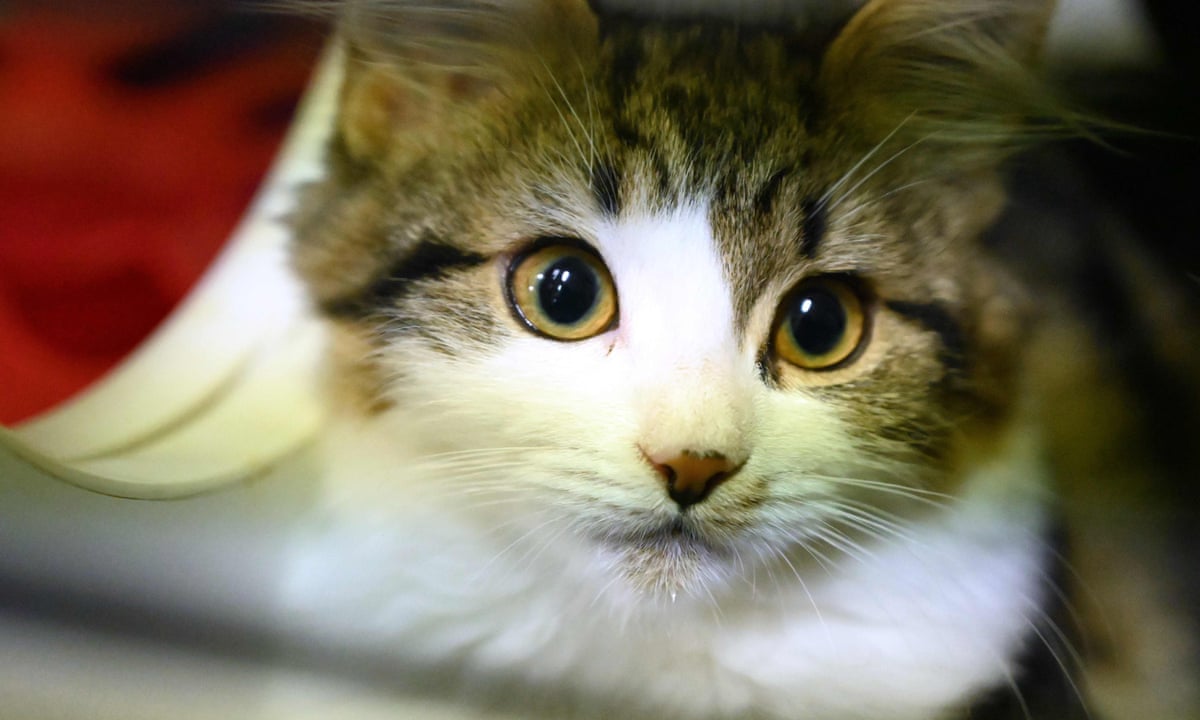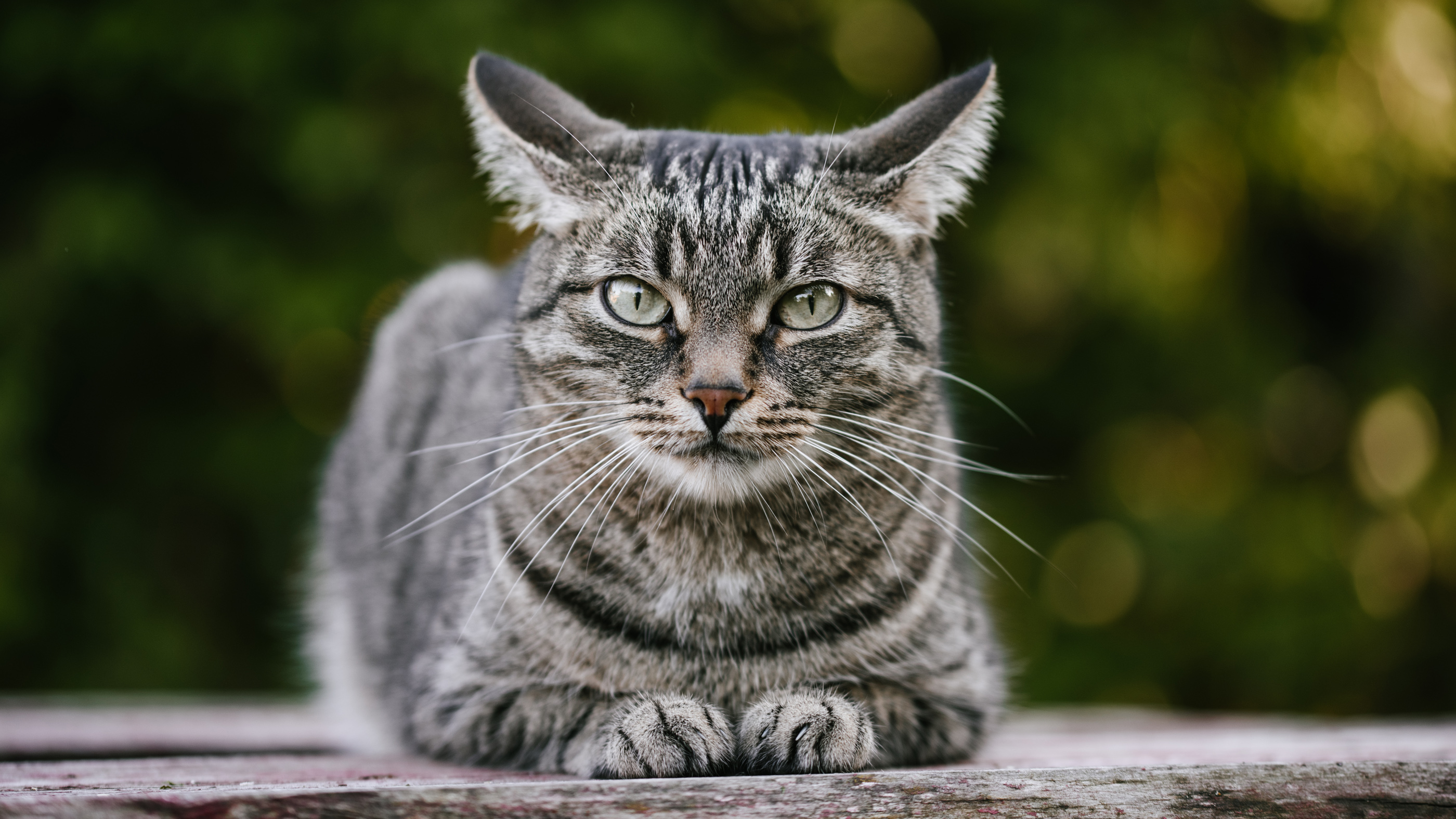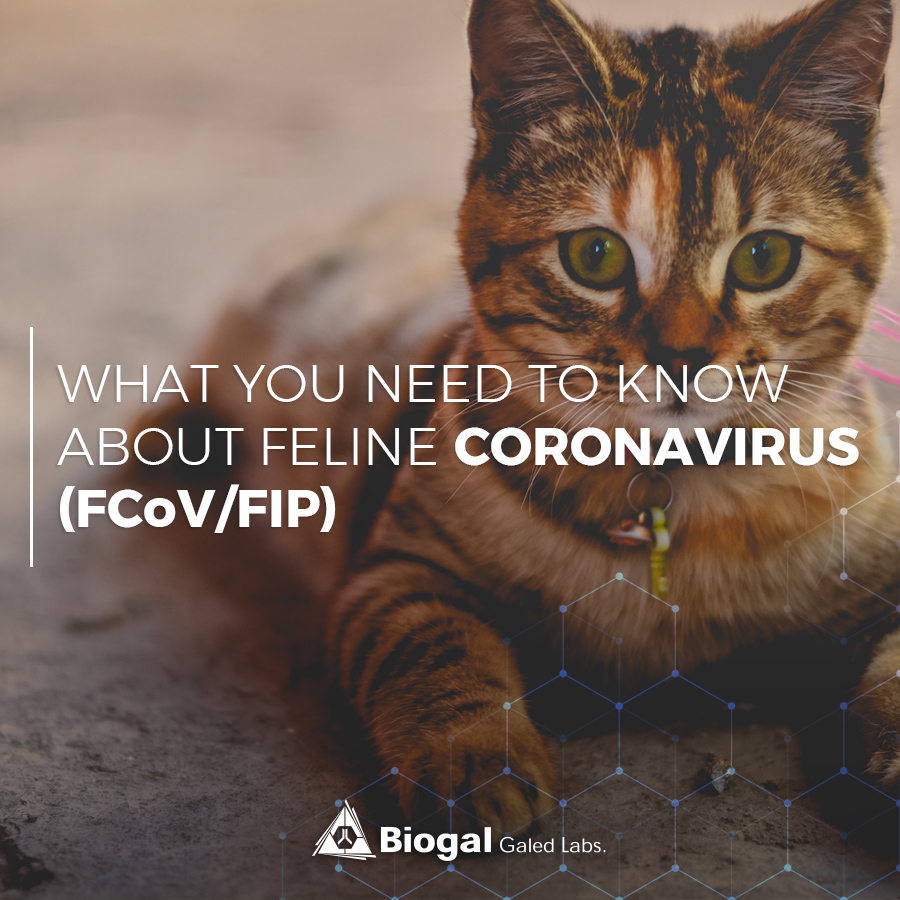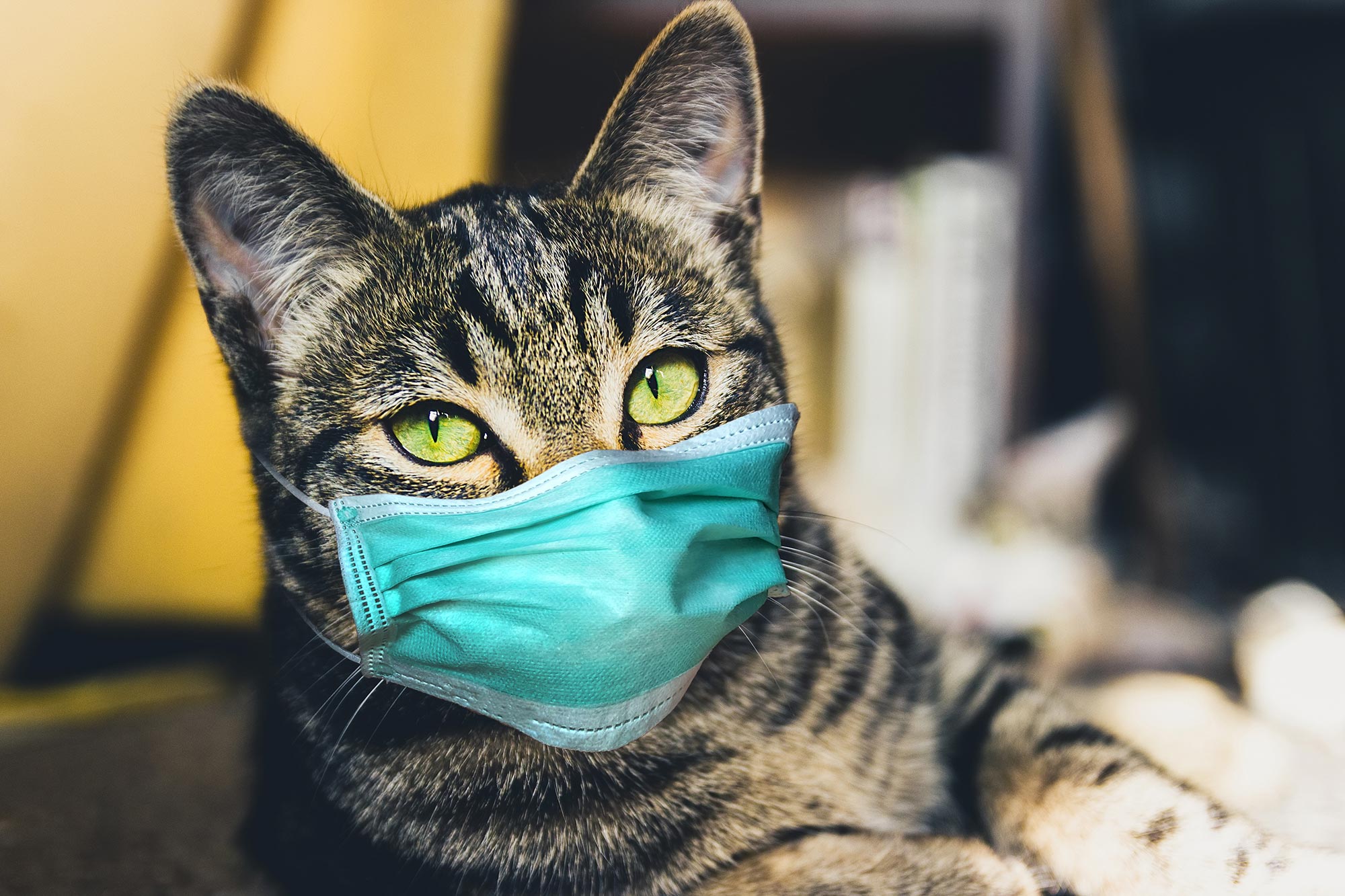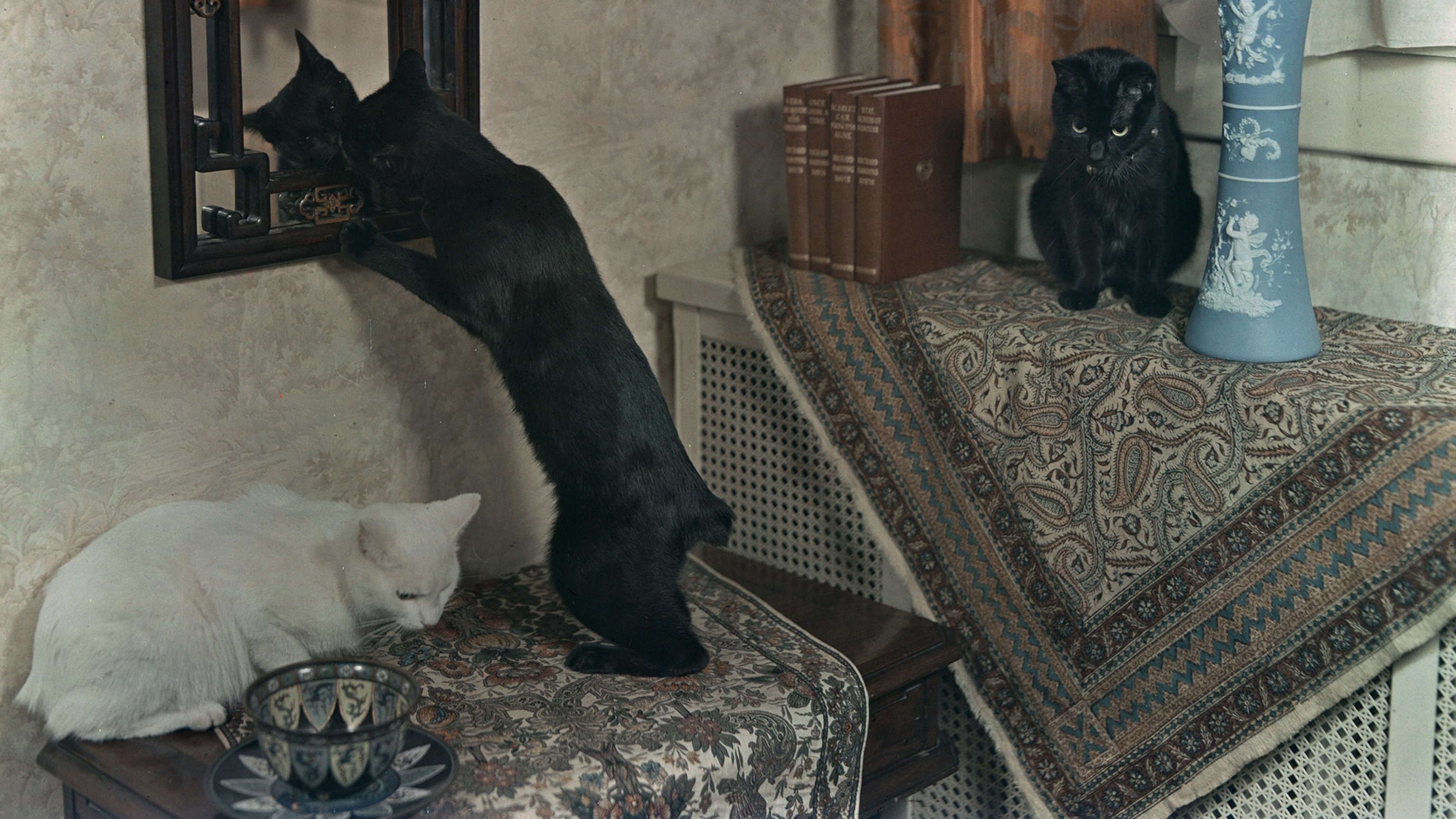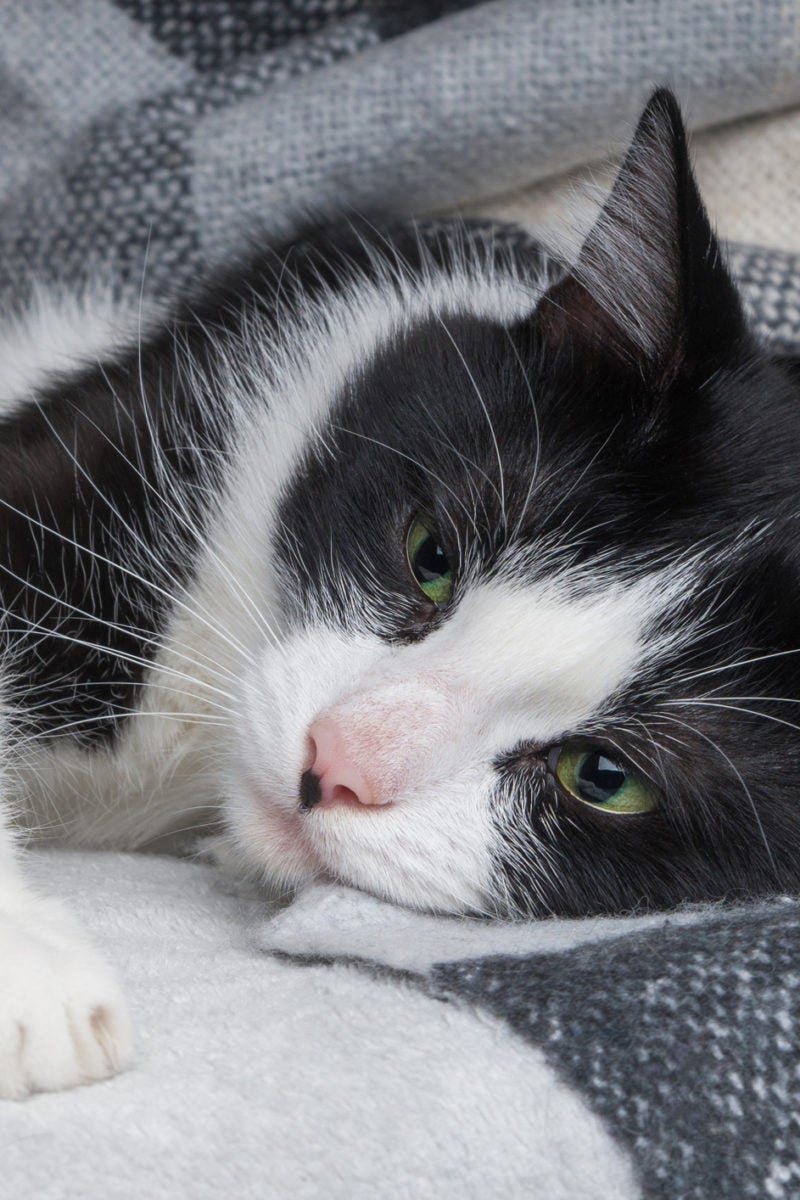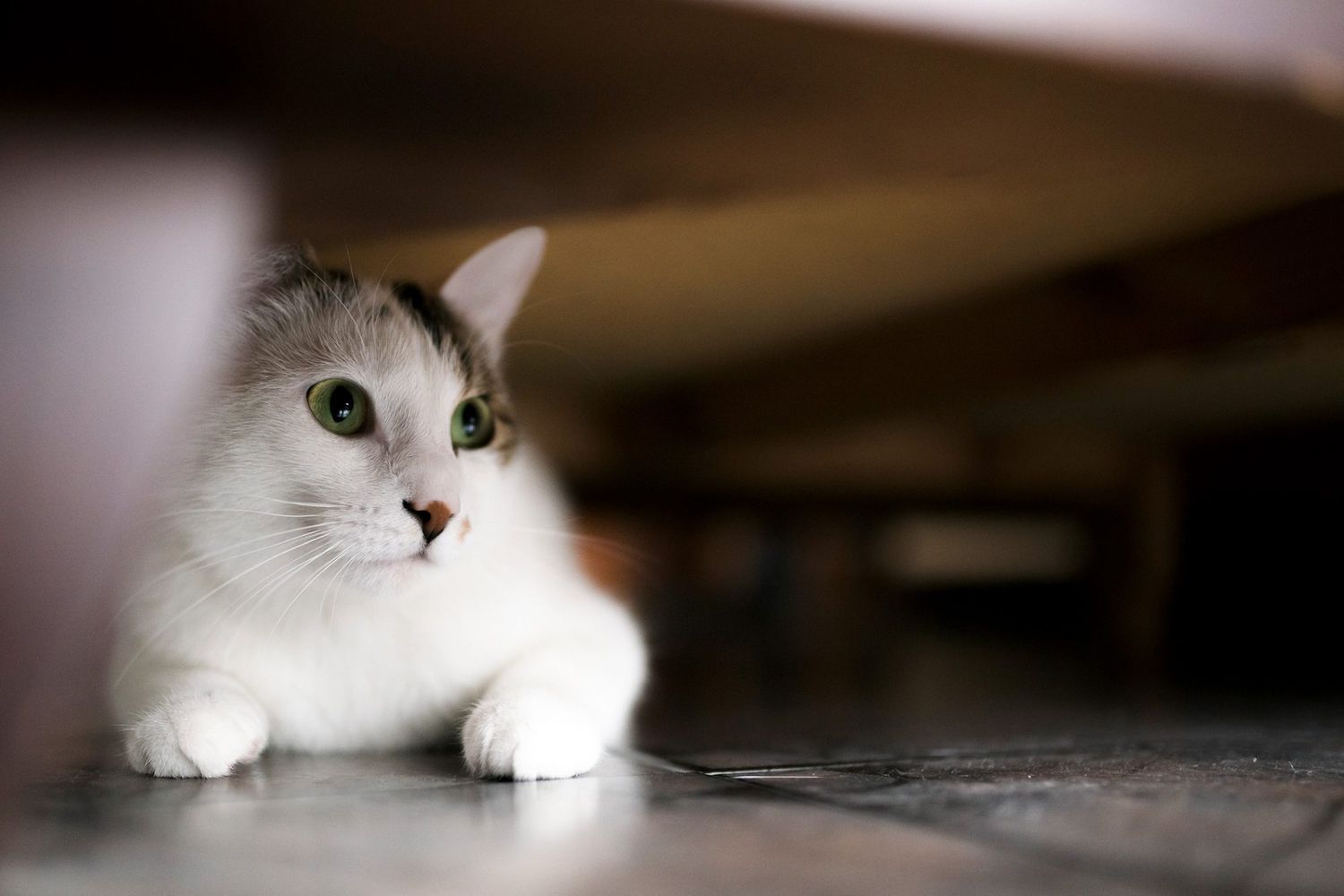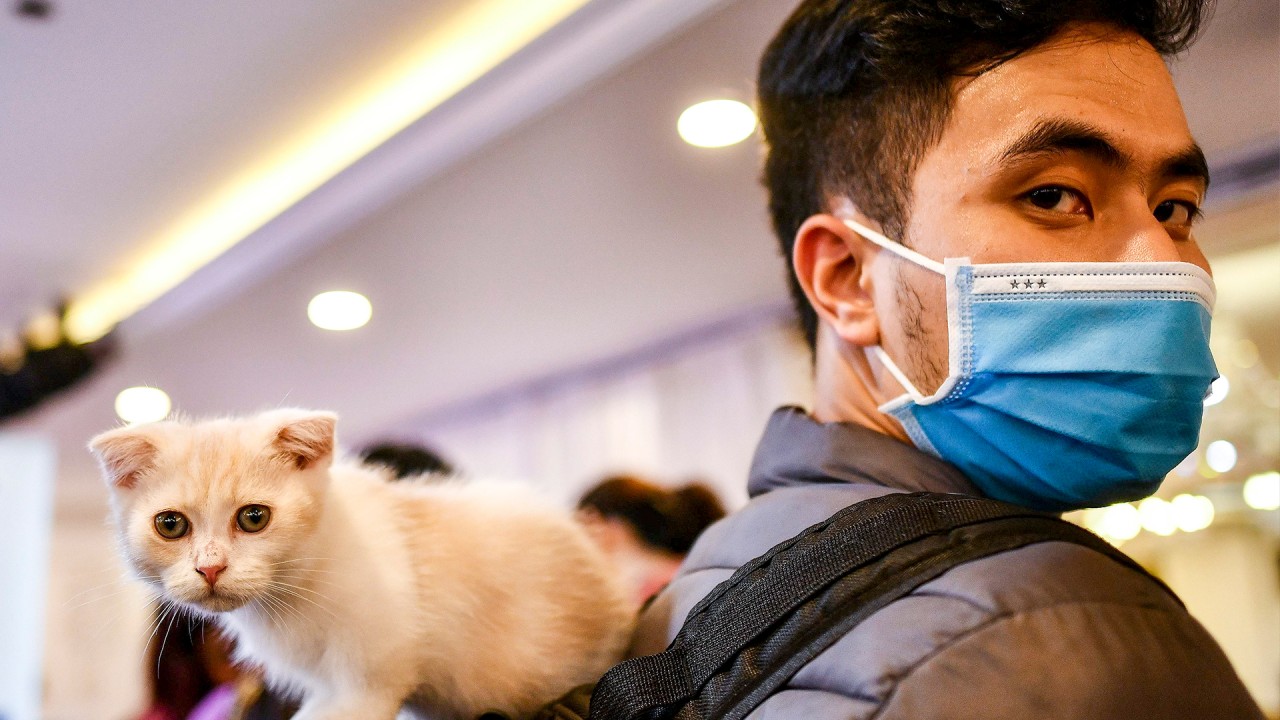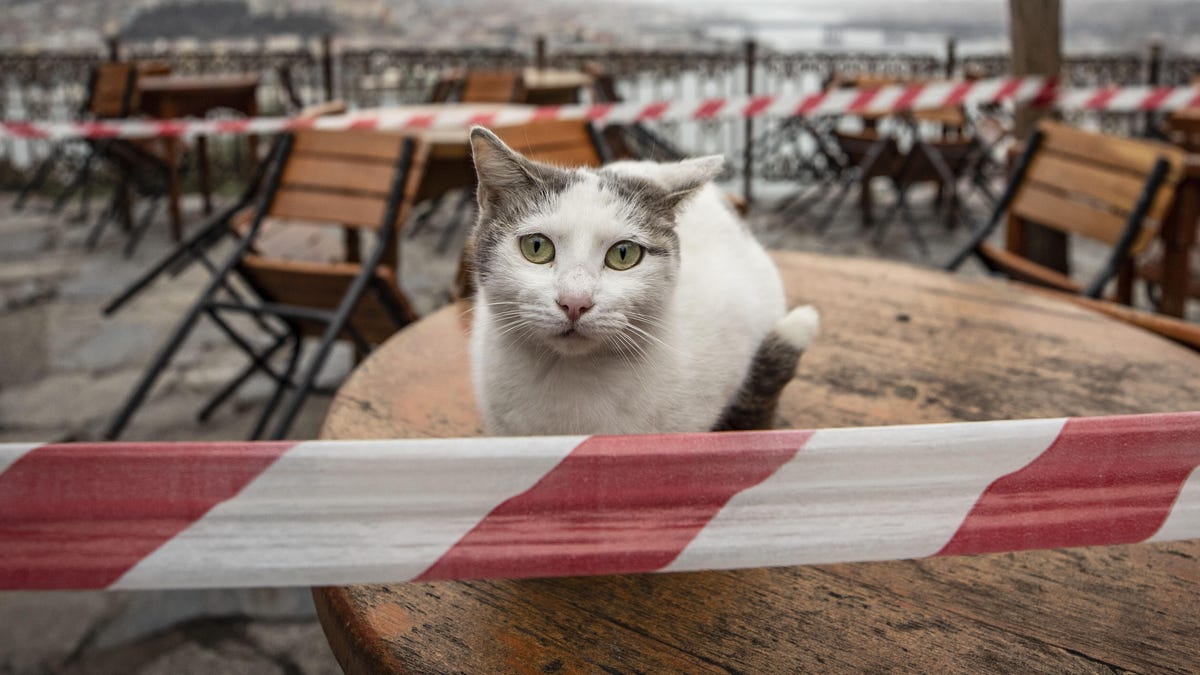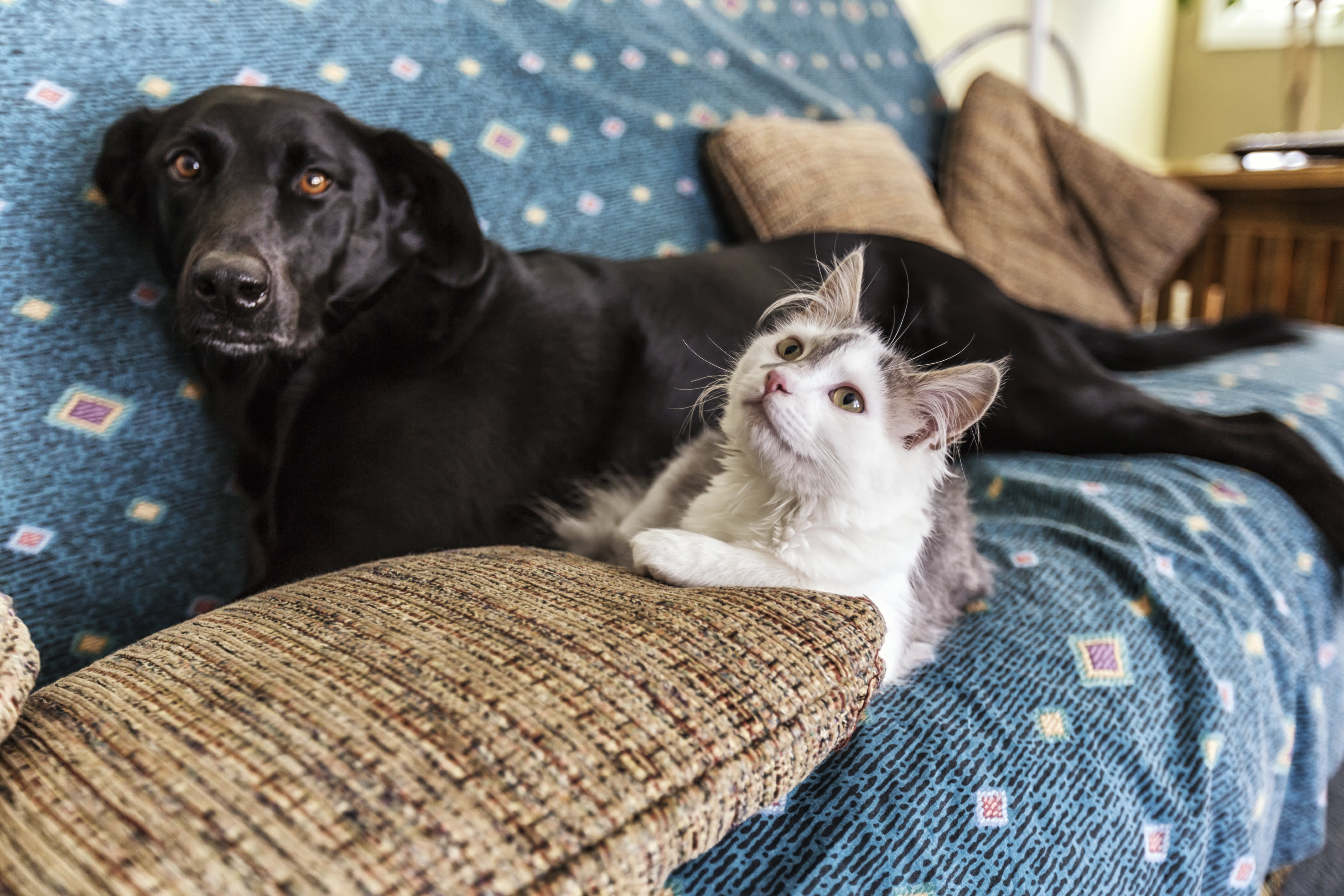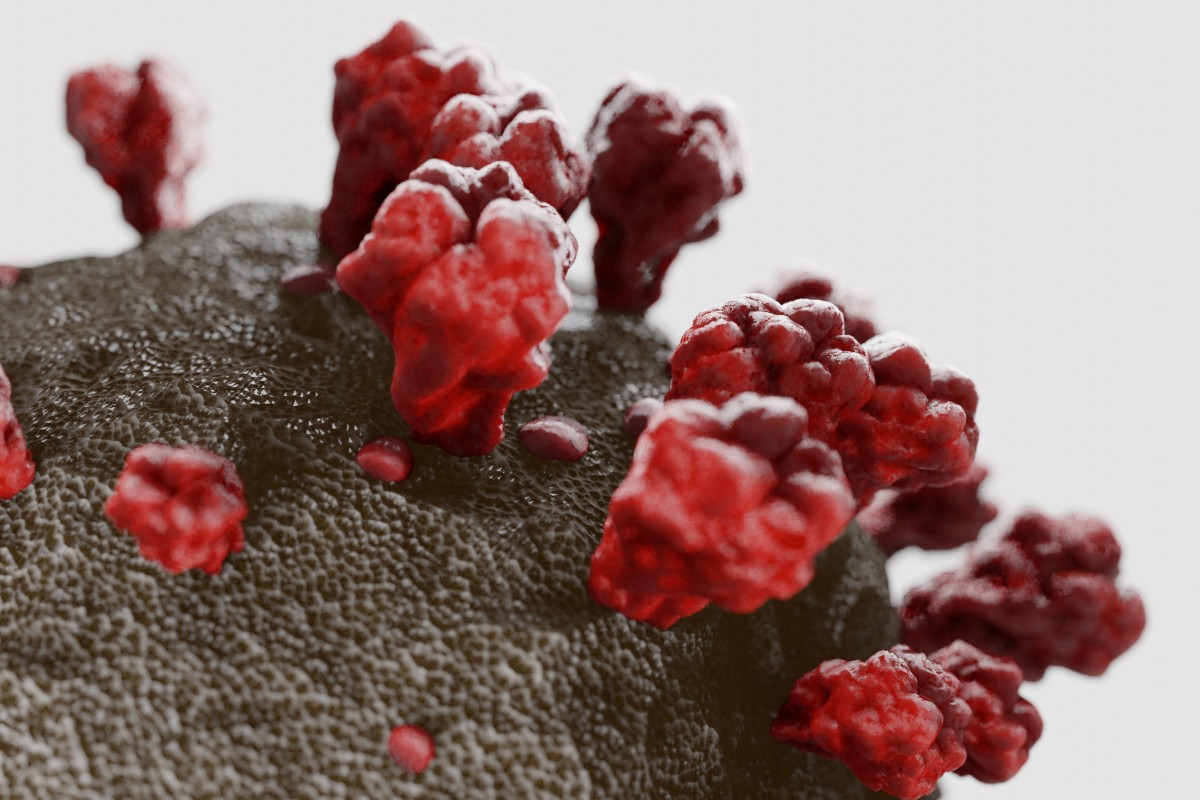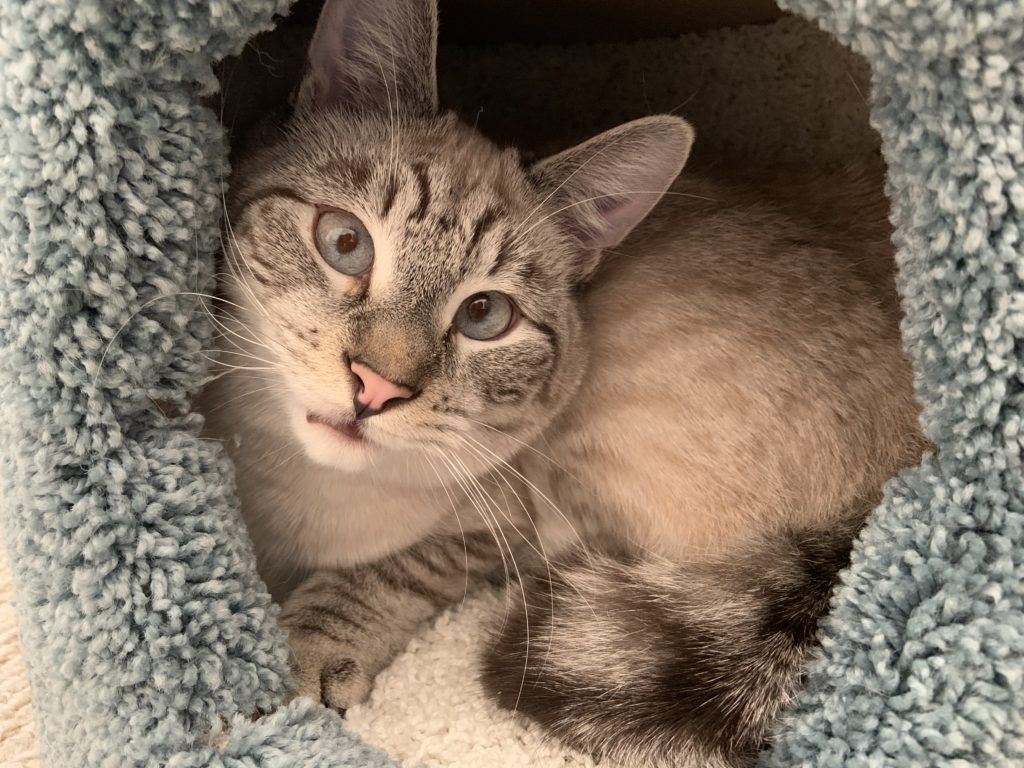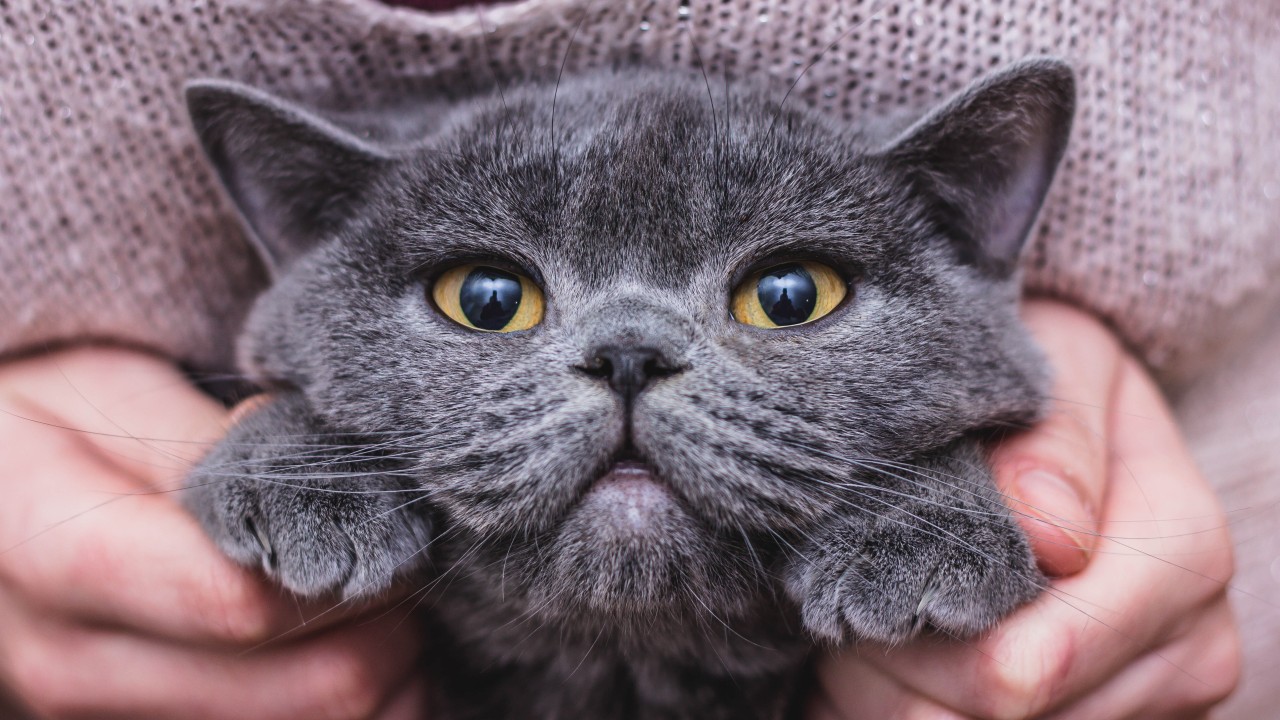Domestic Cat Coronavirus Symptoms
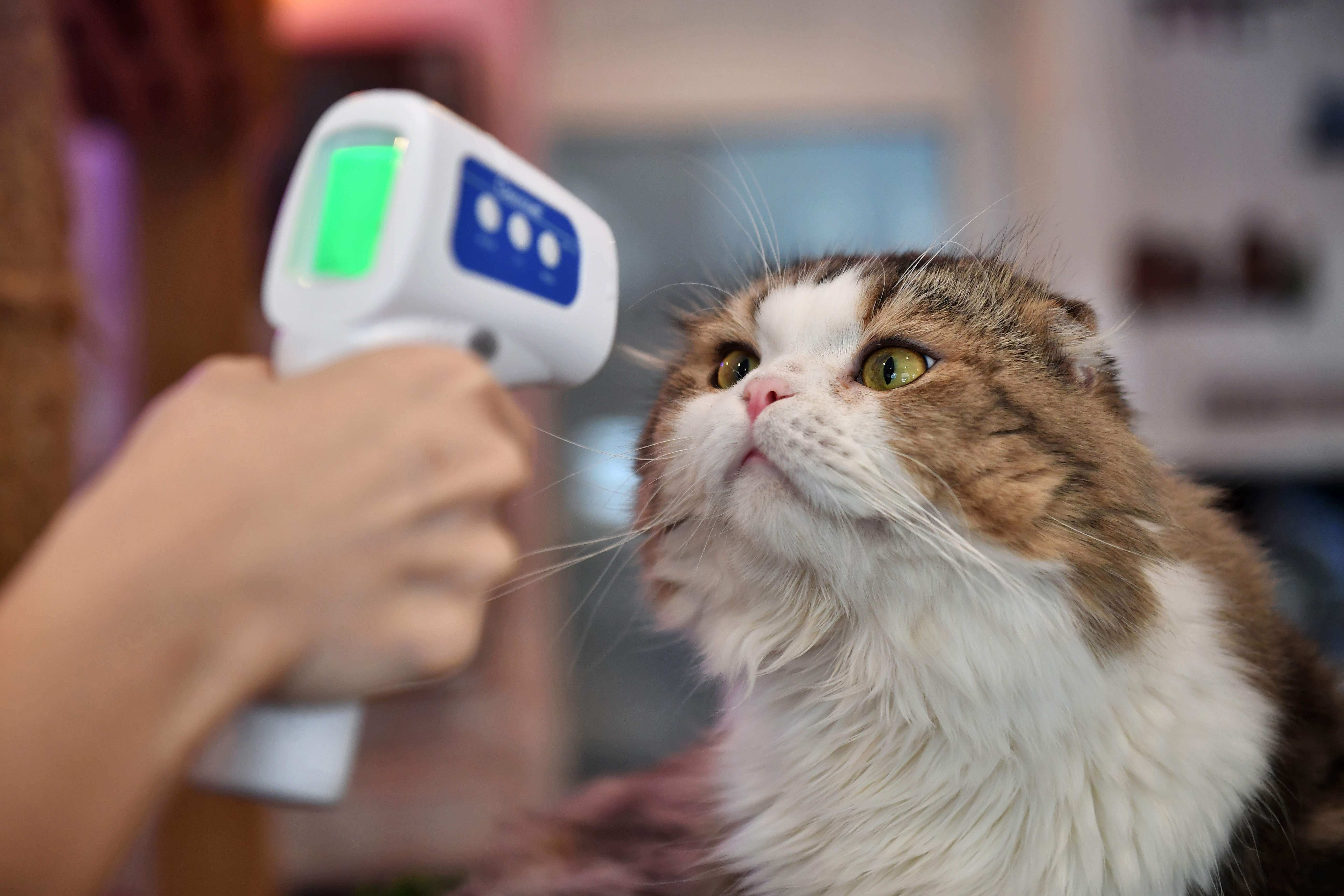
The cat showed symptoms of diarrhoea vomiting and coughing.
Domestic cat coronavirus symptoms. At this time there is no evidence that any animal or pet can infect humans with the new coronavirus. Their 7-year old female domestic shorthair cat was examined by a veterinarian at admission on day 1 March 30 and reported to be clinically. Its symptoms were a respiratory infection with a nasal discharge and some shortness of breath There is no evidence that pets or other domestic animals directly transmit the virus to people.
According to the CDC the following signs may indicate that your cat has contracted COVID-19. As yet poorly understood changes in the virus can give rise to mutants that lead to the. However if your cat is experiencing respiratory issues its highly likely these signs are due to one of the other primary reasons before COVID-19 that cats can develop respiratory system issues.
This type of coronavirus is different from the coronavirus that causes COVID-19 in people. Two cases of human-to-cat transmission are identified as part of a screening programme of the UKs feline population. If your pet becomes ill theres reason to be hopeful.
The first positive case cat 1 was from a household that had 3 persons with confirmed cases of COVID-19. If possible keep your cat indoors if they are happy to be kept indoors. The animal displayed anorexia vomiting diarrhoea breathing difficulties and cough but its symptoms started improving on their own nine days after the onset of the disease.
Although a cat was diagnosed with Covid-19 showing symptoms such as diarrhea vomiting and respiratory issues after being infected by its owner experts insist that this was a rare case. The severity of disease caused SARS-CoV-2 infection in cats is unclear. About a week after its owner got sick with COVID-19 after returning from a trip to Northern Italy the cat developed coronavirus symptoms.
Feline coronavirus is very common and usually. None of them died. But cat owners should not be alarmed just.


